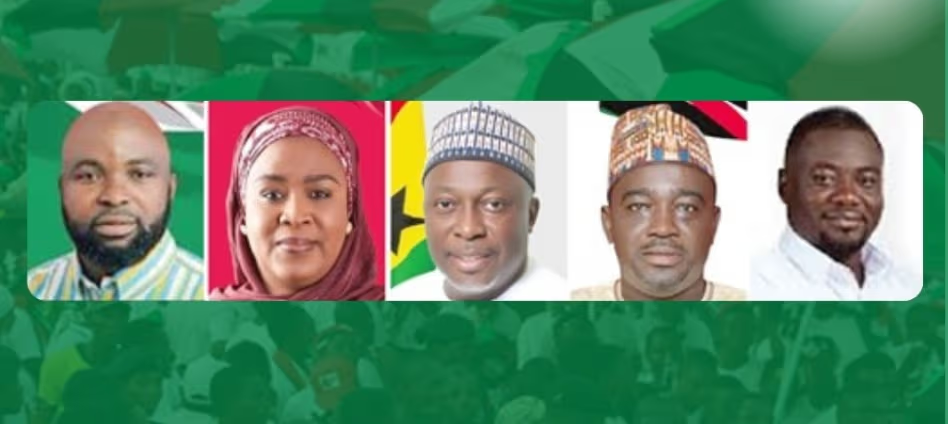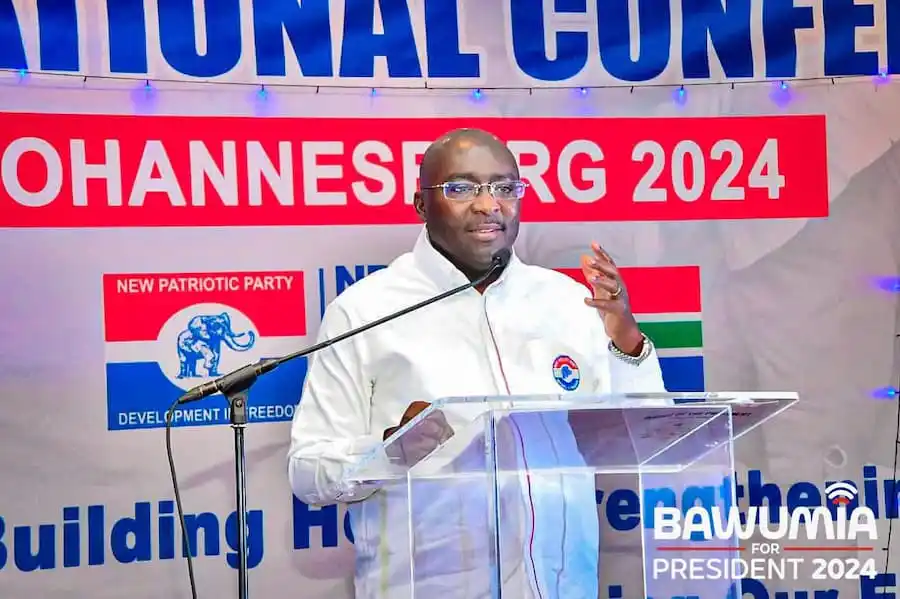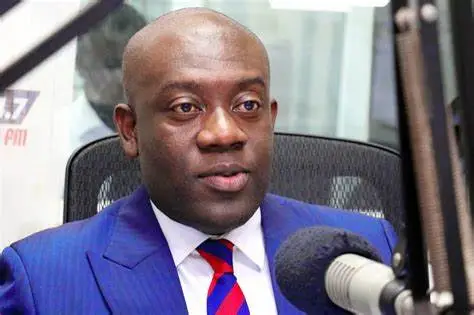The arrest of Abronye following his comments about the Inspector General of Police (IGP) has sparked heated debate, with many arguing that it was an infringement on his constitutional right to free speech. While Ghana’s 1992 Constitution guarantees every citizen the right to express opinions without fear, we must not confuse that freedom with the license to defame others.
Some believe Abronye was only exercising his right to free expression. But a closer look at his categorical statement that the IGP is corrupt raises important questions. When one makes such a direct and damaging claim without providing credible evidence, it crosses the boundary between legitimate criticism and defamation. This is where freedom of speech ends, and accountability begins.
Those who argue that insults are not treated as a criminal offence under our laws must ask themselves a simple question: what of a deliberate act of defamation? To boldly say that someone is corrupt without offering a shred of proof is not an exercise of free speech, it is outright character assassination. Such reckless statements must be dealt with firmly by the law.
Beyond that, are we also saying that the culture of insults should be encouraged simply because it is not a crime under our laws? Where then is our moral standing as a country in which elders must be respected?
Our democracy thrives on free expression, but it equally thrives on responsibility. The framers of our Constitution understood this balance, which is why the same Constitution that grants us freedom of speech also allows for limitations when speech infringes on the rights and reputations of others. To accuse a public officer of corruption without proof is not only careless but also undermines public trust in state institutions.
We must also guard against a culture where political loyalty becomes a shield for lawlessness. Too often, individuals make inflammatory statements, fully aware that their political affiliations will rally supporters to demand their release when the law catches up with them. This creates a dangerous precedent: one where people say anything at all, however false or damaging, simply because they believe they are untouchable.
It is time we drew a clear line. Freedom of speech is essential, but freedom of defamation cannot be tolerated. If left unchecked, such behaviour will erode respect for authority, weaken state institutions, and poison our public discourse.
In defending freedom of expression, we must also defend truth, fairness, and responsibility. No individual, no matter their political colour, should be allowed to tarnish others’ reputations with baseless claims and then hide behind the banner of free speech.
Ghanaians are watching!
FAB’s Gist
Freedom of Speech is Not Freedom to Defame
Politics
|
By FRANCIS ANGBABORA BAALADONG
|
69 views
5 months ago

Comments
Leave a Comment
No comments yet. Be the first to comment!
More in Politics

Photos: Over 1000 delegates vote for NDC’s parliamentary candidate for March 3 Ayawaso East by-election
Feb 07, 2026
Read more
Let people win positions on their strength and not with your name – Bawumia told
Feb 03, 2026
Read more
NPP’s biggest hurdle is not unity but winning the love and trust of Ghanaians- Oppong Nkrumah
Feb 03, 2026
Read more